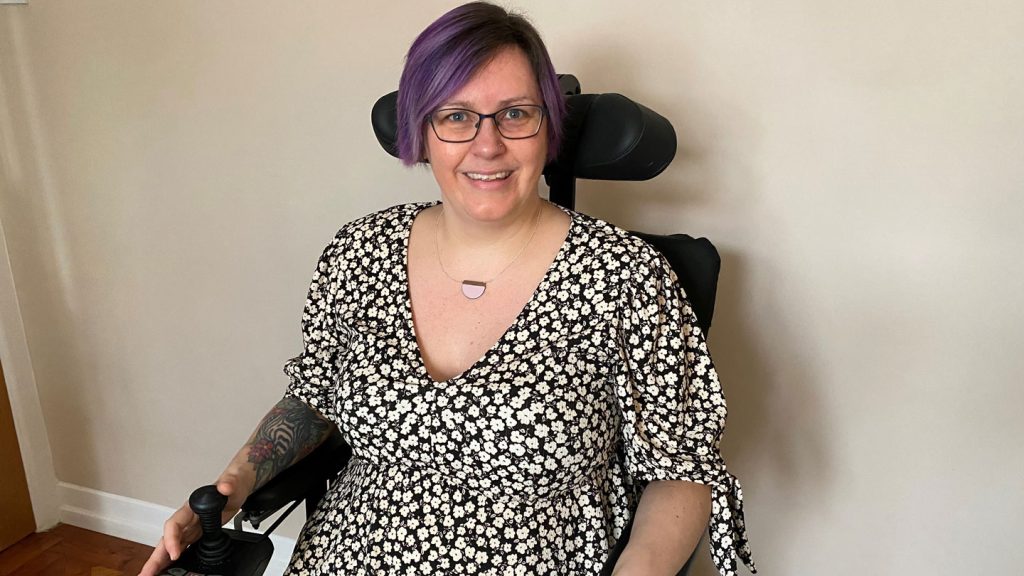In recent years, the approach to addressing autism has shifted from treating it as a disease to be cured towards providing support and accommodations for individuals with autism. This shift has been led by public health researchers who emphasize the importance of understanding and meeting the unique needs of people with autism. Rather than focusing solely on interventions to “fix” the condition, researchers are now looking at ways to support individuals with autism in living fulfilling and independent lives. This shift in perspective has led to a more holistic approach to addressing autism that takes into account the individuality of each person and their specific needs.
One of the key focuses of public health researchers in relation to autism is on identifying and providing the necessary support for individuals with autism. This support can take many forms, including access to appropriate education, therapy, and accommodations in various settings. By understanding the specific needs of individuals with autism, researchers can develop targeted interventions and supports that help them thrive. This approach emphasizes the importance of individualized care and support for people with autism, recognizing that each person’s experience of autism is unique.
In addition to providing support for individuals with autism, public health researchers are also working to increase awareness and understanding of the condition in society at large. This includes educating the public about what autism is, how it affects individuals, and how to interact with and support people with autism. By increasing awareness and understanding of autism, researchers hope to reduce stigma and promote inclusion and acceptance of individuals with autism in all aspects of society. This can help create a more supportive and inclusive environment for people with autism to live and thrive.
Another key focus of public health researchers in relation to autism is on promoting early detection and intervention. By identifying autism early in life and providing appropriate interventions and supports, researchers can help improve outcomes for individuals with autism. Early detection and intervention can lead to better access to services, improved communication and social skills, and better overall quality of life for individuals with autism. This approach highlights the importance of early diagnosis and intervention in improving outcomes for individuals with autism.
Overall, the shift in perspective towards providing support for individuals with autism rather than focusing on curing the condition reflects a broader trend in public health towards a more holistic and person-centered approach to health and wellbeing. By focusing on the unique needs of individuals with autism and providing targeted support and interventions, public health researchers are working to improve the lives of people with autism and promote inclusion and acceptance in society. This approach emphasizes the importance of understanding and meeting the individual needs of people with autism, rather than trying to fit them into a one-size-fits-all approach to treatment and support.
In conclusion, the work of public health researchers in relation to autism highlights the importance of providing support and accommodations for individuals with autism in order to help them thrive. By focusing on understanding the specific needs of people with autism and providing targeted interventions and supports, researchers are working to improve outcomes and quality of life for individuals with autism. This shift in perspective towards a more holistic and person-centered approach reflects a broader trend in public health towards promoting inclusion, acceptance, and support for all individuals, regardless of their differences. Ultimately, the goal is to create a more supportive and inclusive society where individuals with autism can live fulfilling and independent lives.















